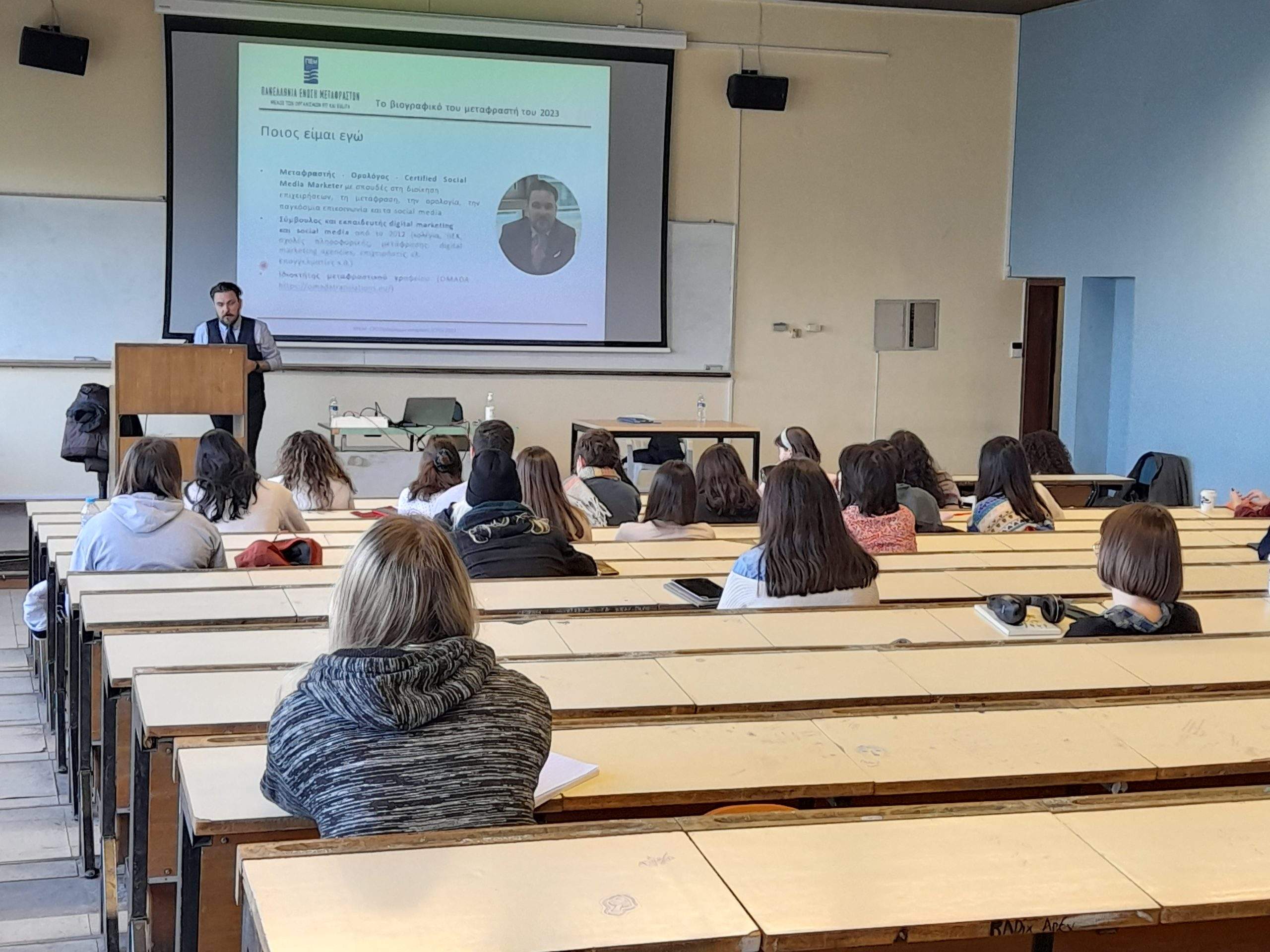
The Unitary Patent is a proposed European Union-wide patent system that would simplify and reduce the costs of obtaining patent protection in the EU.
The system has been in development for many years, and the translation requirements for Unitary Patents have been a contentious issue throughout the process.
The Unitary Patent system has not yet been fully implemented, as it is still awaiting ratification by certain EU member states. Once the system is fully implemented, it is expected to simplify and streamline the patent process for inventors and businesses in the EU.
The old system
Article 6(1) of Regulation (EU) No 1260/2012 pertains to the translation requirements for European patents.
Here are some key things you should know about the translation of a European patent as required under Article 6(1):
1. Language requirements: A European patent must be filed in one of the official languages of the European Patent Office (EPO): English, French, or German. However, if the patent application is filed in a language other than one of these three, a translation into one of them will be required.
2. Translation of the patent claims: The translation requirements under Article 6(1) specify that the claims of the European patent must be translated into all official languages of the EU. This means that if a patent is granted in English, French or German, the patent owner will need to provide translations of the patent claims into all other official EU languages.
3. Timing of translation: The translation of the patent claims must be provided within three months of the date on which the European Patent Bulletin mentions the grant of the patent. Failure to provide the required translations within this timeframe can result in the patent being deemed null and void in the relevant member state(s).
4. Cost implications: The cost of translating patent claims into multiple languages can be significant, and can vary depending on the number of languages involved and the complexity of the patent claims. Patent owners should take these costs into account when planning their patent strategy and budget.
5. Importance of accurate translations: The accuracy of patent translations is crucial, as errors in translation can have serious legal implications. Patent owners should work with qualified translators who are familiar with the technical terminology used in the patent, and should review translations carefully to ensure they are accurate.
It’s worth noting that the translation requirements under Article 6(1) only apply to European patents, and do not apply to the Unitary Patent system discussed below.
The new Unitary Patent system
By submitting a single request to the EPO, the Unitary Patents will enable patent protection in up to 25 EU Member States. They will rely on European patents granted by the EPO according to the regulations of the European Patent Convention (EPC).
The standards of quality search and examination will remain the same in the pre-grant phase.
Once a European patent is granted, the patent owner can ask for unitary effect, which will result in a Unitary Patent providing consistent patent protection in up to 25 EU Member States.
Here are some key things you should know about the translation of Unitary Patents:
- Language requirements: The Unitary Patent system will allow for patents to be granted in one of three official languages: English, French, or German. However, if the application is filed in a language other than one of these three, a translation into one of them will be required.
- Translation during application process: During the application process, the applicant will need to provide a translation of the patent application into one of the three official languages. However, once the patent is granted, no further translations will be required.
- Cost implications: The cost of translating patent applications and granted patents can be significant, and has been a point of contention in the development of the Unitary Patent system. In an effort to reduce costs, the system will allow for machine translations to be used in certain cases.
- Legal implications: The accuracy of patent translations is crucial, as errors in translation can have serious legal implications. The Unitary Patent system will require that translations be of a high standard, and will provide for legal remedies in cases where translations are inaccurate
The Unitary Patent system has not yet been fully implemented, as it is still awaiting ratification by certain EU member states. Once the system is fully implemented, it is expected to simplify and streamline the patent process for inventors and businesses in the EU.
Need any help?
Whether your patent filing readiness initiative is ongoing or completed, now is a good time to review what you’ve achieved or still need to address as well as lessons learned in order to adjust your translation strategy and further optimize your processes.
Contact us at info@omadatranslations.eu to learn how we can help you translate your patents in compliance with the new EPO guidelines, support the finetuning of your processes, and assist in the filing of your patents under this new framework.




